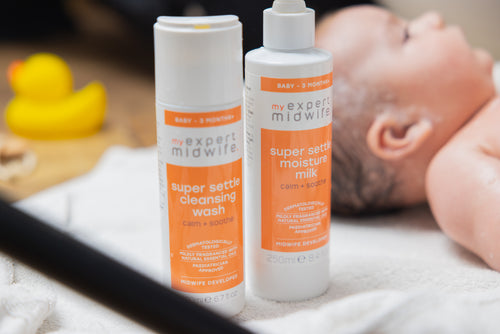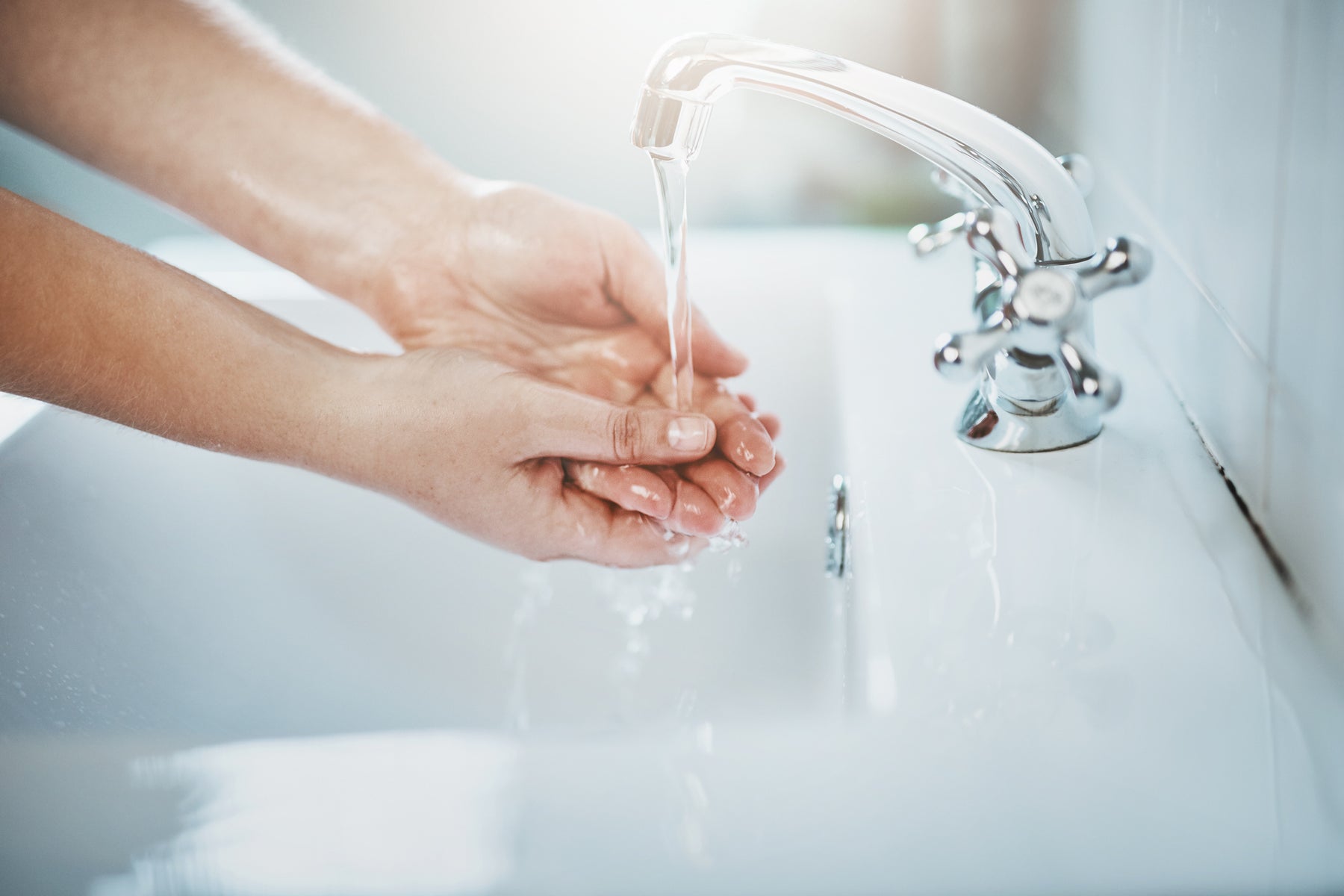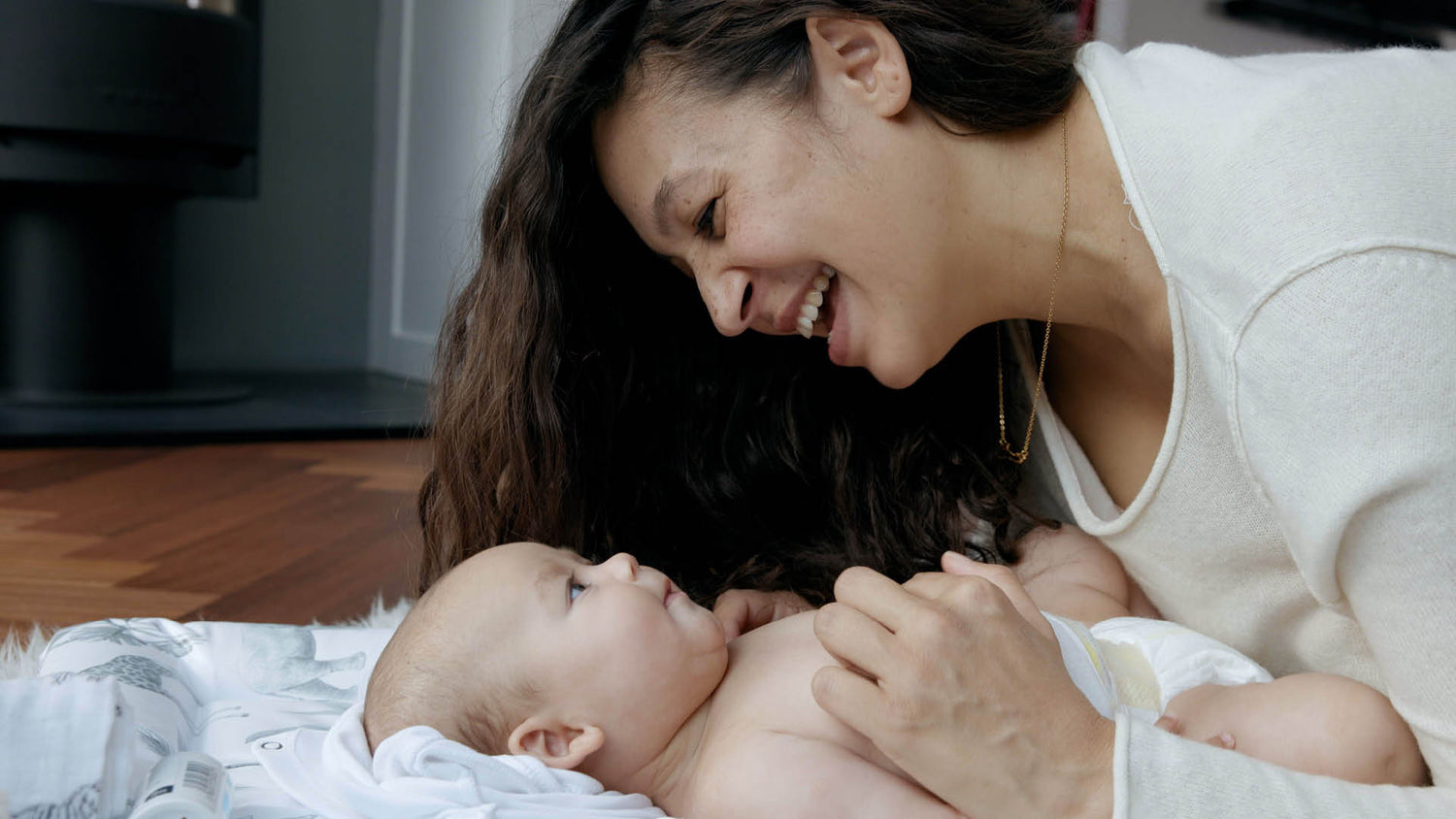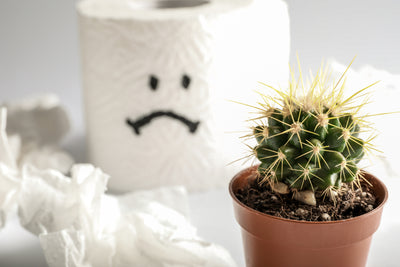The postpartum period can often feel like all the focus is on the new baby, but you also need to spend time caring for yourself, especially your perineal area, to ensure optimal recovery and reduce the chances of infection.
Your needs can vary greatly after a vaginal birth as your body may recover quickly, or more likely it can take some time to start feeling more like yourself again. These variations are all normal.
Here our midwives have compiled their Top 10 Tips to help maintain perineal hygiene after the birth of your baby
- Wash or shower at least twice a day during the first week to keep the perineal area clean
- Wash your hands before and after changing your maternity pad to help reduce the chance of infection
- Change your maternity pad at least every four hours. This helps to prevent the build up of bacteria and reduces the chances of an infection developing
- You will probably want to pass urine more often as this is how your body rids itself of extra fluid after the birth. Always ensure you are wiping from front to back, so you don’t spread any bacteria from the anus to the perineal/vaginal area. This will reduce chances of infection especially if there are sore areas or you have stitches
- You can use Spritz for Bits from day one after you give birth if you've had a vaginal delivery
- Try to have time each day when your perineum is not covered with a pad and pants to allow air to circulate, especially once your postpartum bleeding has reduced in flow. The air flow helps the area from being the moist breeding ground that bacteria thrive in
- Ensure you maintain good hydration as this will dilute your urine and it will be less stingy when you wee if you have sore areas. You can also spray Spritz for Bits before and after having a wee to easy stinging
related products
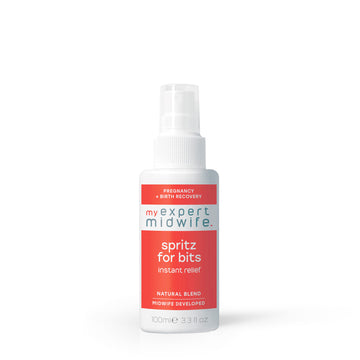
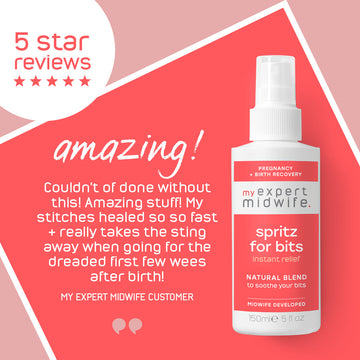
8. You can use a ‘peri bottle’ which is a specially designed bottle with a curved spout to spray water on your perineum when you squeeze it. This can help you to keep the area clean in between bathing or showering. You can also use a jug with warm water in whilst sat on the toilet
9. Start gentle pelvic floor exercises as soon as you feel able to and gradually build them up in intensity. Strengthening your pelvic floor helps you to control your bladder and bowels more easily
10. If you are worried about any changes or you think something is wrong don’t hesitate to talk to your midwife, health visitor or GP. These could be anything from unusual discharge- which may or may not smell, soreness which is not improving, to problems with holding urine, or later on pain when trying to have intercours
